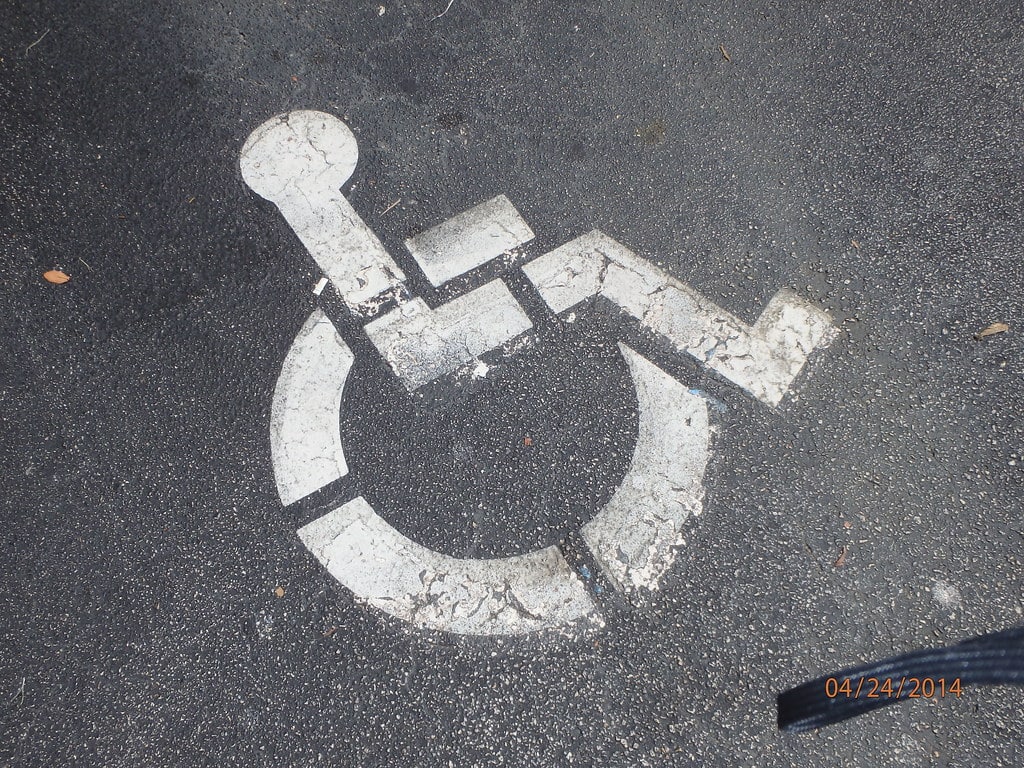Giant Eagle is facing at least 32 class action lawsuits from customers related to its wear-a-mask policy. Giant Eagle is a grocery store and pharmacy chain with stores in midwest states like Ohio, Pennsylvania, and Indiana. See news reports here.
Like many retailers, Giant Eagle is walking a fine line between trying to prevent transmission of the coronavirus and not infringing on the legal rights of consumers and employees. On the one hand, retailers must follow health and safety guidelines to mitigate litigation risks with respect to consumers and employees contracting COVID-19 while shopping or working. If customers can prove that they contracted COVID-19 while shopping, the retailer can be liable for operating an unsafe and hazardous store. On the other hand, consumers and employees have privacy and anti-discrimination rights under statutes like the Americans with Disabilities Act (“ADA”).
According to reports, the lawsuits against Giant Eagle are asserting claims under the ADA and that Giant Eagle’s policies exceed the relevant county, state, and federal guidelines (thus, violating consumer’s rights). Giant Eagle has mandated that all customers must wear masks while shopping. The lawsuits claim that Giant Eagle employees “enforced” the policy by, allegedly, yelling at non-compliant customers and physically removing some from the stores. According to the lawsuits, employees were dismissive of claims by various customers that they had medical reasons to eschew wearing a mask. For example, the new report quotes a store owner as posting this statement, clearly disregarding ADA-related claims: “It’s too easy to make up an excuse not to wear a mask, and we refuse to put our team members and customers who do wear a mask at any more risk than they already are.”
Legally, expressing sentiments like this is the wrong approach. The ADA prohibits discrimination on the basis of disability in places of public accommodation — like a grocery store. The ADA DOES expressly allow that a public place CAN exclude individuals if those individuals are a “direct threat” to the health or safety of others. However, exclusion must be reasonable in light of other possibilities and the safety threat must be based on objective standards. A blanket policy without exceptions, such as “no mask, no shopping,” is usually a bad policy. The ADA can be satisfied if reasonable alternative accommodations are provided. Whether an alternative is “reasonable” can be debated legally, but offering two or three alternatives generally avoids the legal risk. With respect to grocery stores, several alternative accommodations might be reasonable. For example, if a customer has medical reasons for not wearing a mask, the following could be offered:
- Offering cost-free grocery pick up based on either a written list or online order
- For those that drop by, have an employee fill the customer’s shopping order while the customer waits
- Allow the customer to use special equipment — such as electric carts — which can help maintain social distancing
- Allow mask-free shopping for those with claimed ADA disabilities, but limit the number who can be in the store at any time — maybe, one at a time
- Provide special hours for those unable to use masks
Offering several alternatives helps alleviate legal risks in several ways. First, the fact that your store has ADA alternative accommodations is proof that your store is aware of ADA rights and has taken them seriously. Second, many consumers will find the alternatives acceptable (thus, reducing the pool of potential plaintiffs). Finally, the alternatives may be a complete defense.
If you have questions, contact the business lawyers at Revision Legal at 231-714-0100.




